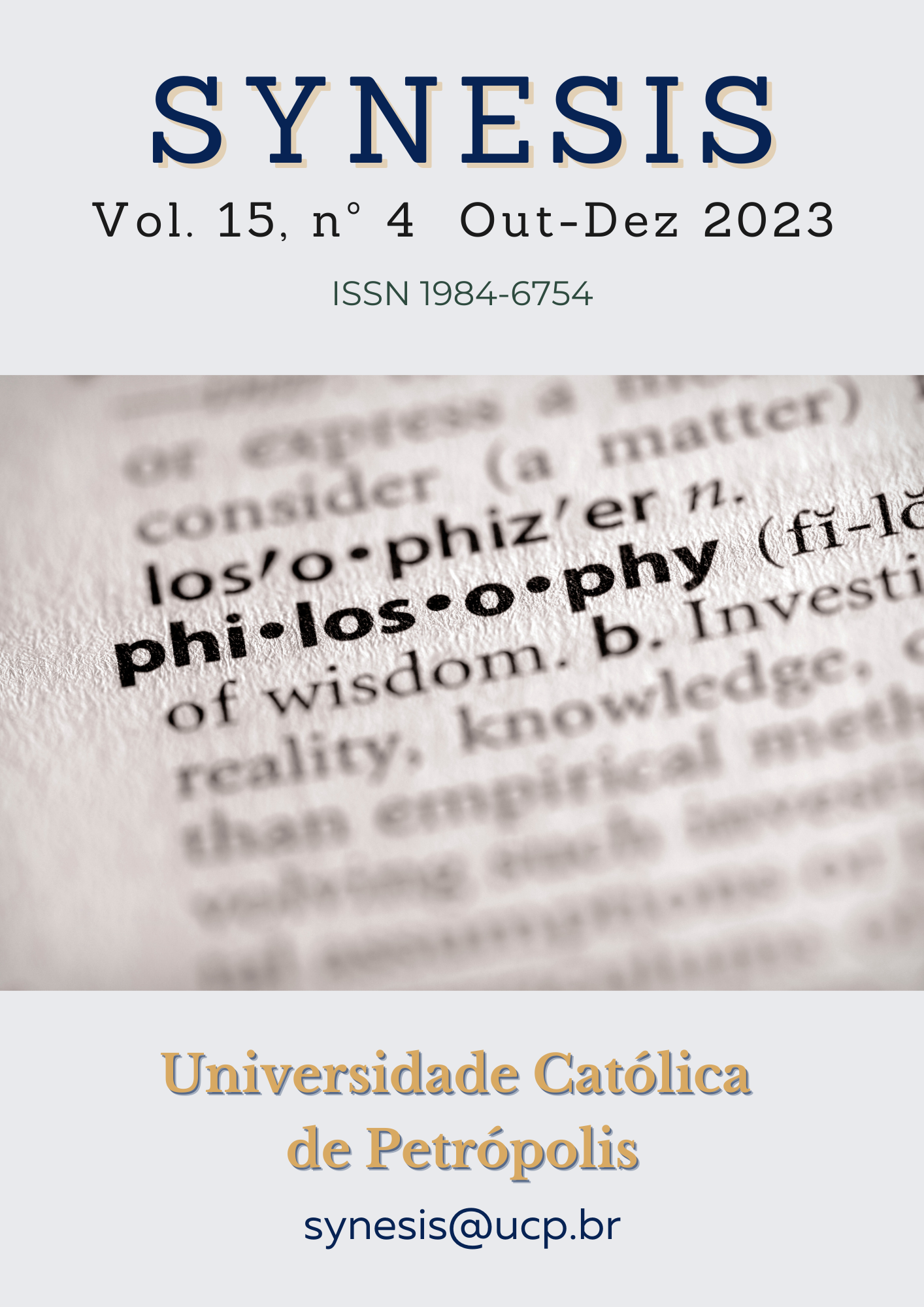Abstract
Values are benchmarks that individuals internalize as a result of their interaction with their environment and that determine their personality traits, which direct their ideal behaviors through education. These benchmarks are needed for acquiring value centered school culture at schools. The aim of the present study is to examine and understand the extent to which value centered school culture in Turkish Republic of Northern Cyprus (TRNC) has integrated in the university environment, as evaluated by teacher candidates enrolled in a private university. To that end, the study used a descriptive survey model, a quantitative research design. The Value Centered School Culture Scale was utilized to facilitate the evaluation of the value-based school culture in the university environment by teacher candidates. The study used the survey technique as the data collection method. In this respect, the study was conducted on 240 teacher candidates enrolled in the Atatürk Education Faculty of a private university affiliated with the central district of Nicosia during the academic year 2022-2023. The data obtained from the participants were analyzed using the Statistical Package for Social Sciences (SPSS) 26.0 software. The Cronbach’s alpha value obtained for the participants’ responses to the Value Centered School Culture Scale was 0.836. The distribution of students’ socio-demographic characteristics was determined through frequency analysis and descriptive statistics were provided for the scale scores. The normality of the distribution of students’ scores on the scale was examined using the Kolmogorov-Smirnov test. The data did not show a normal distribution. Therefore, the Mann-Whitney U test and Kruskal-Wallis H test were used to compare the scale scores among students based on their socio-demographic characteristics. The students were distributed based on their socio-demographic characteristics. Of the participants, 18.75% were female and 81.25% were male, 67.08% were in the 19-23 age range, while 32.92% were in the 24-28 age range, 75.83% were enrolled in the preschool teacher education program, 32.50% were first grade students, 30.42% were second grade students, 13.75% were third grade students and 23.33% were fourth grade students.
References
Aktepe, V. & Gündüz, M.(2019) Karakter ve Değer eğitimi.1. baskı,Pegem Akademi,Ankara.
Arıcı, H. Yalvaç,& Esma, B.(2022). "Değer merkezli okul kültürüne dair öğretmen görüşleri: İstanbul örneği." Turkish Online Journal of Design Art and Communication 12.4: 994-1009.
Büyüköztürk, Ş., Kılıç-Çakmak E., Akgün, Ö. E., Karadeniz, Ş. ve Demirel, F. (2011). Bilimsel araştırma yöntemleri, (10. baskı). Ankara: Pegem A Yayıncılık
Curriculum Corporation (2008). At the Heart of What We Do: Values Education at the Centre of Schooling – The Final Report of the Values Education Good Practice Schools Project – Stage 2, Australia: Curriculum Corporation.
Demircioğlu, İ. H. ve Tokdemir, M. A. (2008). Değerlerin oluşturulma sürecinde
tarih eğitimi: amaç, ı̇ şlev ve ı̇ çerik. Değerler Eğitimi Dergisi, 6(15), 69-88.
Dönmez, B., & Cömert, M. (2007). İlköğretim okulu öğretmenlerinin değer sistemleri. Değerler Eğitimi Dergisi, 5(14), 29-59.
Özdemir, T. Y., Özan, M. B., & Akgün, M. (2017). Öğretmen görüşleriyle değerler eğitimi odaklı eğitim denetimi. Bartın Üniversitesi Eğitim Araştırmaları Dergisi, 1(1), 35-52.
Şahin, F., N.(2010). Okul müdürü ve öğretmenlerin okul kültürü ile değer sistemlerine ilişkin algıları. Eğitim ve Bilim 35.156 .
Şahin-Fırat, N. (2010). Okul müdürü ve öğretmenlerin okul kültürü ile değer sistemlerine ilişkin algıları. Eğitim ve Bilim, 35(156).
Sallabaş, S. (2021). Okul iklimi ile öğretmenlerin denetime yönelik tutumları arasındaki ilişki (Master's thesis, Ondokuz Mayıs Üniversitesi Lisansüstü Eğitim Enstitüsü).
Şener, F., Mehmet, A. C. A. R., Nurbiye, H., TEKYILDIZ, O., & Laçin, V. (2023). Okul Ortamında Değerler Eğitimi ile İlgili Yapılan Lisansüstü Çalışmaların İncelenmesi. Akademik Tarih ve Düşünce Dergisi, 10(1), 174-190
Sönmez, V. & Alacapınar, F. G. (2014). Örneklendirilmiş bilimsel araştırma yöntemleri, (3. baskı). Ankara: Anı Yayıncılık.
Uysal, E. (2008). Çağımızda değer kaymalarının doğurduğu sonuçlar ve etik kimliğin korunması. Uludağ Üniversitesi İlahiyat Fakültesi Dergisi, 17(1). 67-
Yıldırım, A. & Şimşek, H. (2016). Sosyal Bilimlerde Nitel Araştırma Yöntemleri. Ankara: Seçkin Yayınevi.
Zengin, M. (2017). Bir uygulama modeli olarak Avustralya’daki okullarda değerler eğitimi. Uluslararası Sosyal Araştırmalar Dergisi, 10(52)
Zengin, M., & Çelik, M. E. (2019). Değer merkezli okul kültürü ölçeğinin geliştirilmesi: Geçerlilik ve güvenirlik çalışması. Değerler Eğitimi Dergisi, 17(37), 317-348.

This work is licensed under a Creative Commons Attribution-NonCommercial-NoDerivatives 4.0 International License.
Copyright (c) 2023 Synesis (ISSN 1984-6754)

